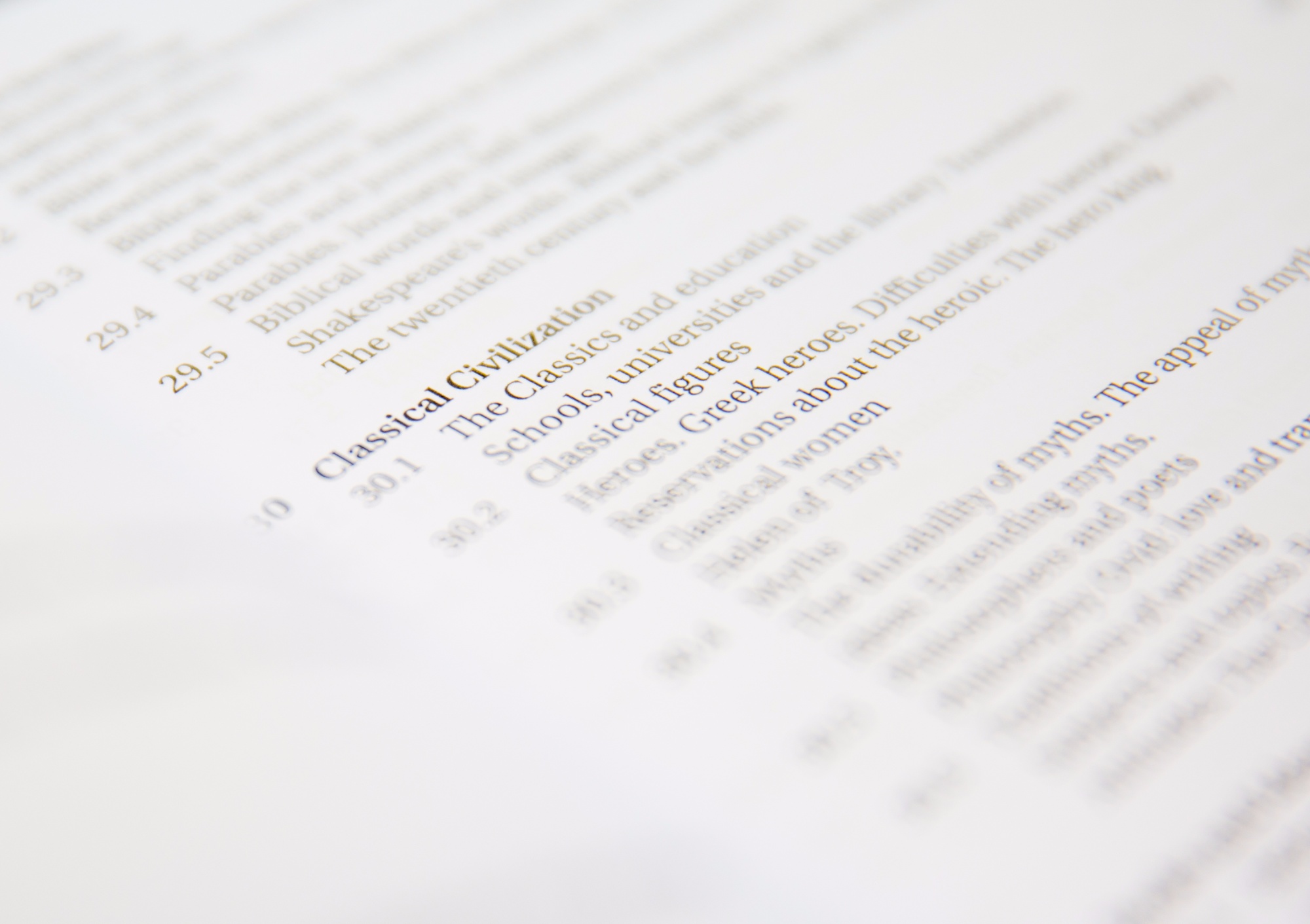Classical Civilisation

Introduction
Co-Curricular enrichment
To support learning and to stretch and challenge our pupils, we run a wide variety of trips and extension activities, including an annual Classics Trip in October to Greece, Italy or further afield.
GCSE
In Lower 5th (Year 10) pupils may opt to study Classical Civilization at GCSE. This is a non-linguistic course involving social, historical, and literary material from both the Greek and Roman worlds. No previous study of Greek or Roman civilization is required to take this GCSE. Pupils will study modules called "Myth & Religion" and "Roman City Life".
A level
At Sixth Form level, the Classical Civilization course again focuses on political, social, moral, and literary material, combining a variety of ancient sources to build a picture of Greek and Roman culture and society. Like the GCSE, it is a non-linguistic course, and students do not have to have studied the GCSE to take the A level. The modules which we study cover Greek and Roman epic poetry (the Odyssey and the Aeneid), Greek drama, and Roman politics in the First Century BC.